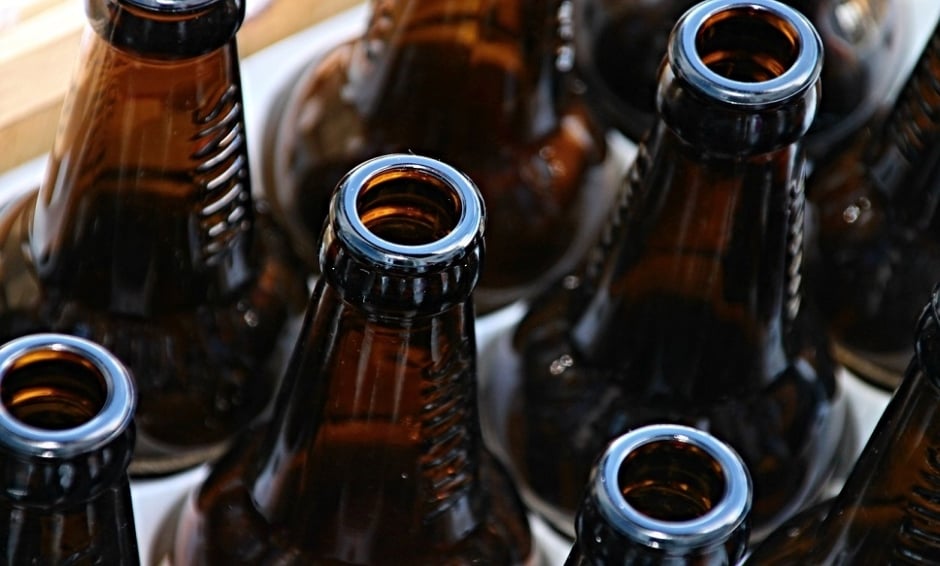ALCOHOL can cause permanent genetic damage, helping explain the association between drinking and the risk of developing cancer, according to researchers from the Medical Research Council (MRC). The study results showed that DNA of blood stem cells can be damaged by alcohol, which increases the chances of cancer.
Faulty Stem Cells
The team gave ethanol to mice and then analysed the genetic damage caused by acetaldehyde, a harmful chemical produced when alcohol is consumed, using chromosome analysis and DNA sequencing. They discovered that DNA of blood stem cells can be damaged by acetaldehyde, which leads to the rearrangement of chromosomes and permanent alteration to the DNA sequences. It is well understood how faulty stem cells can give rise to cancer, and therefore these findings provide an enhanced knowledge of how alcohol can increase the risk of seven types of common cancer, including breast and bowel.
The Body’s Defence Mechanisms
The study also looked at one of the body’s defence systems for protecting itself against alcohol-related harm, and how this can affect the risk of DNA damage when drinking alcohol. Mice that lacked the aldehyde dehydrogenase (ALDH) enzymes, which break down harmful acetaldehyde into acetate, had four-times the DNA damage of mice with the fully functioning ALDH2 enzyme following alcohol consumption. Millions of people worldwide, and particularly from South-East Asia, are known to lack these enzymes or carry faulty versions.
Alcohol Damage
Lead author of the study, Prof Ketan Patel, MRC, commented: “Our study highlights that not being able to process alcohol effectively can lead to an even higher risk of alcohol-related DNA damage and therefore certain cancers. But it’s important to remember that alcohol clearance and DNA repair systems are not perfect and alcohol can still cause cancer in different ways, even in people whose defence mechanisms are intact.”
The research should lead to renewed calls for people to reduce the amount of alcohol they consume.
James Coker, Reporter
For the source and further information on the study, click here.








